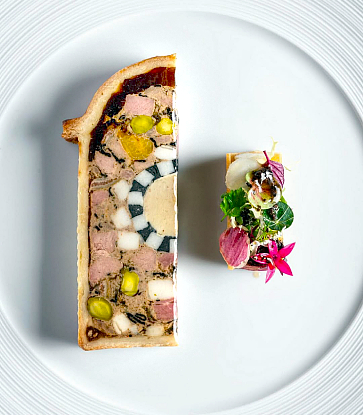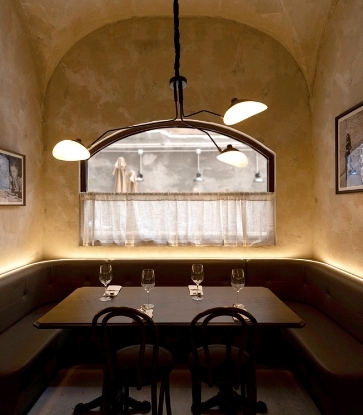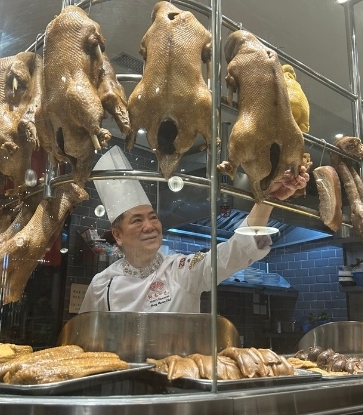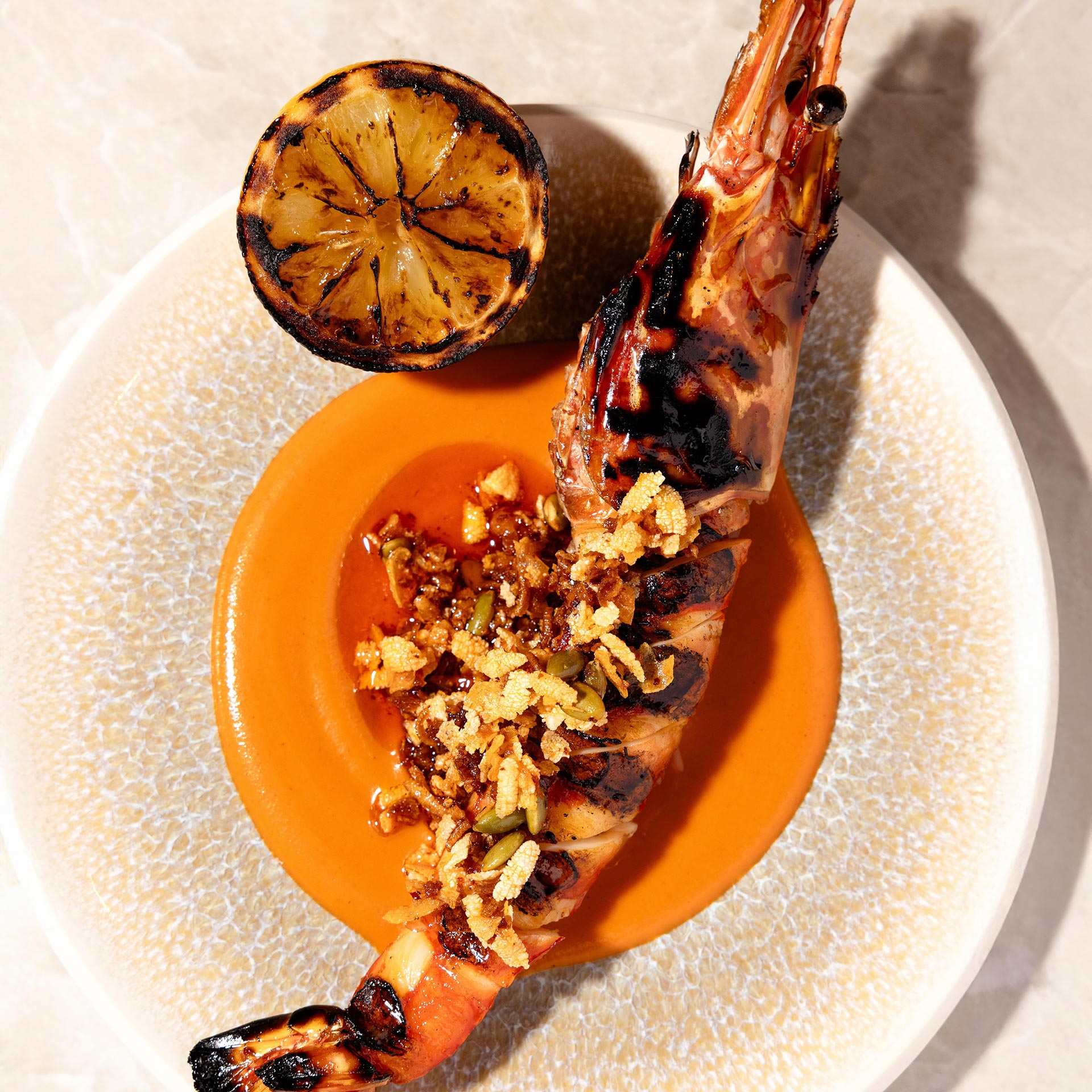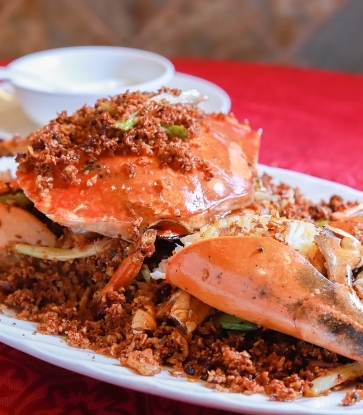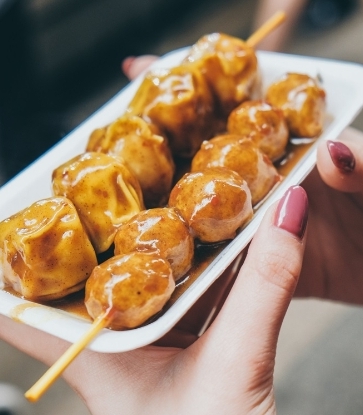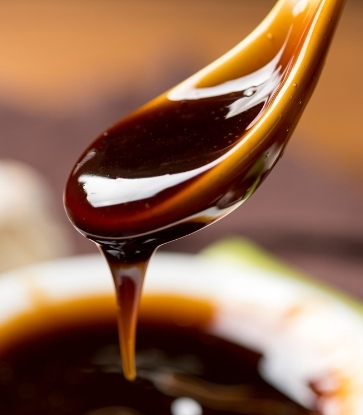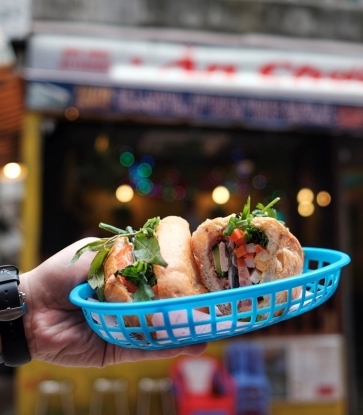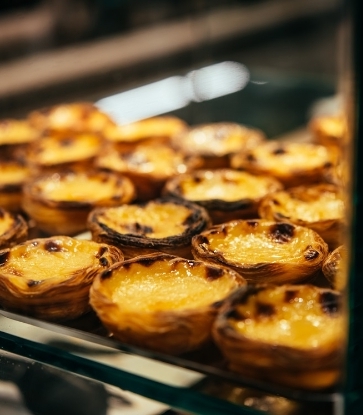Things have been returning slowly to normal since the restaurant won the Michelin Bib Gourmand award in 2011. "In the first two years, our sales went through the roof, it came to a point where our stock went dry and not a box was left in the factory," he laughs. "After the announcement, we had more and more tourists too."

The history of Ho To Tai stretches back more than 70 years. It was first established by Max's grandfather Chan Po in 1946 as a street-side cart situated near Pok Oi Hospital. Later in 1961, he bought the building where the restaurant currently resides. "Even though it's family property, we still pay rent to our elders, though it is lower than the market rate," says Max.

Today, all the noodles used in the outlets are still produced in Hong Kong at Ho To Tai's factory which is mostly staffed by family members.

Mentored by his father and grandfather before him, Max is well-equipped to take over all aspects of the business from noodle production to business strategising. "I spent my childhood at the shop, watching and learning from my father and grandfather, absorbing their knowledge and experience."
After graduating from university and working for two years in the civil service, Max felt called to return to his family business. Now, his days begin at 6am when he and his father start cooking the soups and sauces, braising beef and wrapping dumplings and wontons. He works daily during opening hours from 10am to 8pm and the only holidays he takes are the few days when the restaurant is closed during Lunar New Year.
Though the work is hard, Max has never thought about cutting corners when it comes to the food, insisting on producing everything in-house.

From the dough-making stage to the point where it's plated and served to the customers, Ho To Tai takes pride in being a one-stop shop, taking care of every step along the way.
The noodles are made from Thai chicken eggs and Canadian flour and adjusted according to the temperature and humidity of the day to get rid of the taste of alkaline water. The braised meat sauce is cooked fresh everyday from beef sirloin and the stock of boiled bones. The soup for the noodles is boiled daily from pork bones, dried shrimp roe and dried flounder.
"I'd say I am pretty good at cooking noodles, but compared to my father and his decades more of experience, I can be seen as clumsy," jokes Max. "He has a deeper understanding of the noodles than I do and can even adjust his cooking techniques according to the conditions of the day."
There are lots of factors contributing to a bowl of good noodles. Ho To Tai's bone broth is a cut above the rest, fragrant and rich, yet not cloying, while the homemade noodles still carry the fragrance of the eggs it is made with, with a texture that's nicely al dente.




